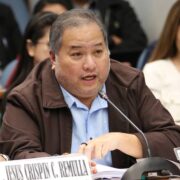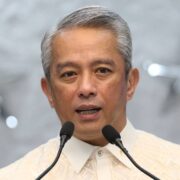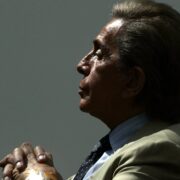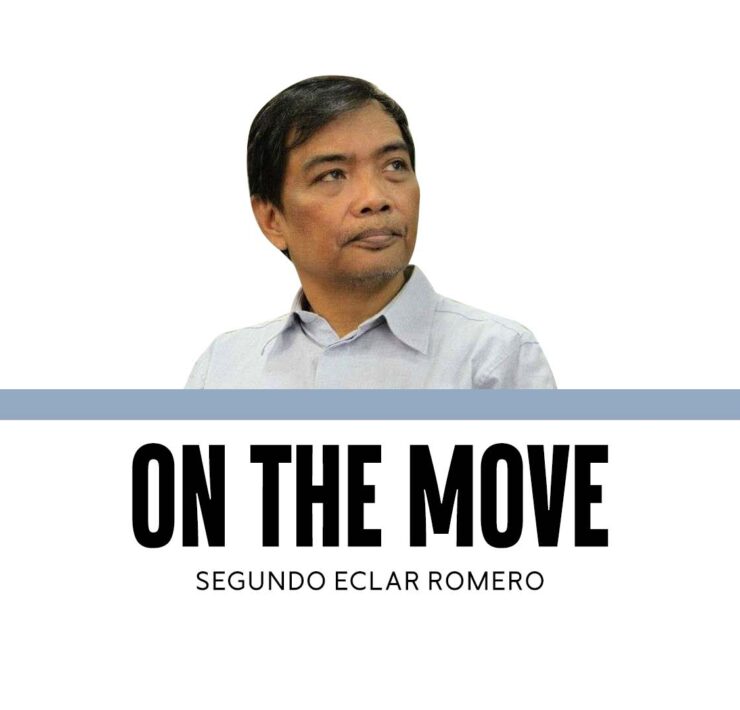Wenceslao Vinzons and the forgotten nation
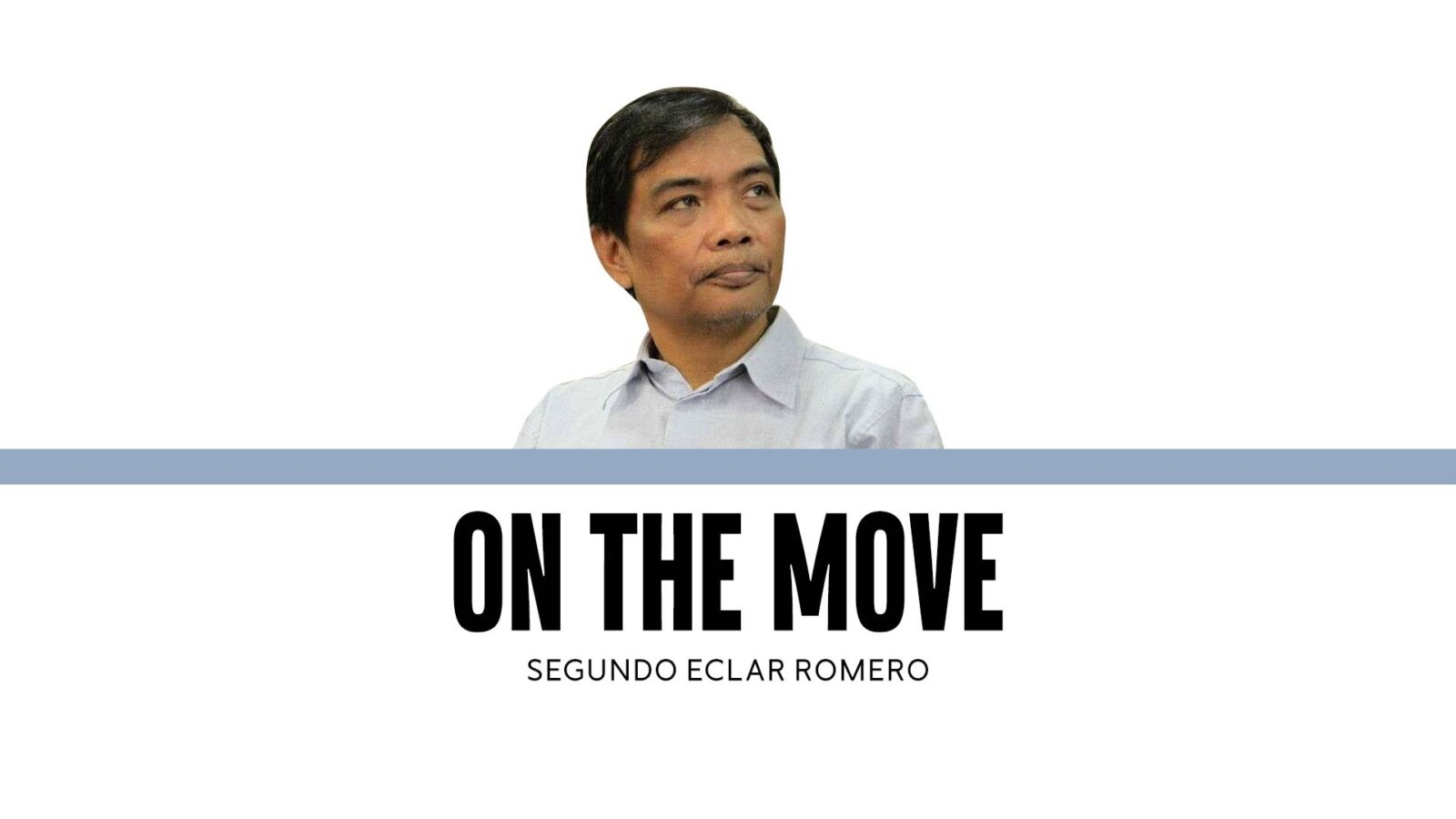
Last Sept. 28, the nation should have remembered the birthday of Wenceslao “Bintao” Vinzons. But few did. Many young Filipinos have never even heard his name. Among the older generations, his story has faded into the footnotes of World War II. And yet, in a time when the country is engulfed by scandal after scandal—when public office is reduced to the pursuit of family wealth, dynasty, and kickbacks—Vinzons’ life and death strike with the force of an indictment.
We are living through a crisis of corruption and impunity. The images seared into the public imagination are obscene: bundles of thousand-peso bills stacked on tables, waiting to be delivered as kickbacks; words like tara and obligasyon now part of the common tongue, as if plunder were as ordinary as breathing. Politicians shrug off exposés, tighten their seat belts, and ride out the storm. They know anger can be loud but fleeting. What is left is a public demoralized, persuaded that the Philippine government is little more than a criminal syndicate in barong tagalog.
This is why Vinzons matters now. Born in 1910 in Indan, Camarines Norte, he became the UP student council chair and editor of the Philippine Collegian. He was a visionary, farseeing, brilliant advocate for a pan-Malay union. He founded Young Philippines, a political party of law students who insisted that the youth was not a waiting room but a vanguard. At 24, he was a delegate to the 1935 Constitutional Convention. At 27, he was governor. At 29, a congressman. But his true test came not in the halls of lawmaking but in the forests of Bicol.
When Japan invaded, Vinzons organized 2,800 guerrillas in Camarines Norte. His command was one of the earliest, fiercest resistance groups in the country. For the Japanese, neutralizing Vinzons was essential. When he was captured in 1942, they offered him collaboration: help pacify the resistance in exchange for his life. He refused.
But the refusal did not cost him alone. The Japanese retaliated by executing six members of his family—his father Gabino, his wife Liwayway, his sister, and two of his children. An unborn child was lost with Liwayway. Vinzons knew this was likely. He chose the nation anyway.
This is the staggering reversal. In the Philippines, the family has always rivaled the state for the loyalty of its citizens. Politicians rationalize dynasties as the necessary scaffolding of competitiveness for public office. But Vinzons turned this proposition on its head. He chose to sacrifice his family so that the nation—and the families of 2,800 guerrillas under his command—might live.
Measured against that, how obscene is today’s corruption! We have a President who, in his State of the Nation Address, could only scold the corrupt with the rebuke: “Mahiya naman kayo.” But shame without civic grounding means little. What we lack is the civic virtue that once allowed a 31-year-old congressman to die rather than betray his people. The civic duty that animated Vinzons has all but dissipated.
Corruption begins in the mind. It thrives in the rationalization that “everyone does it,” that loyalty to family excuses betrayal of the nation. Every time we sing “ang mamatay ng dahil sa iyo,” we should remember that Vinzons lived and died those words—and that his sacrifice should shame our officials who equate patriotism with lining the pockets of their kin.
The tragedy is not only that Vinzons is forgotten. It is that his sacrifice has not become the beacon it should be. In a time when young people flood the streets in anger at corruption, his story should guide them. He embodied what it means to be a Filipino youth activist: principled, fearless, incorruptible. He was, in every sense, the father of student activism, the proof that youth is not preparation but power.
If our institutions are to regain legitimacy, they must show the courage Vinzons showed—not in death, but in action. Arrest and prosecute the guilty, no matter their family name. Make the national budget a paragon of transparency. Empower civil society and youth organizations to act as watchdogs, armed with technology and civic discipline.
Otherwise, public rage will flare and fade, as it always has. But if we take Vinzons seriously—if we allow his forgotten name to rebuke us—we may yet recover the civic virtue to save this democracy. He died at 31, but he has not finished speaking to the Filipino spirit and soul.





